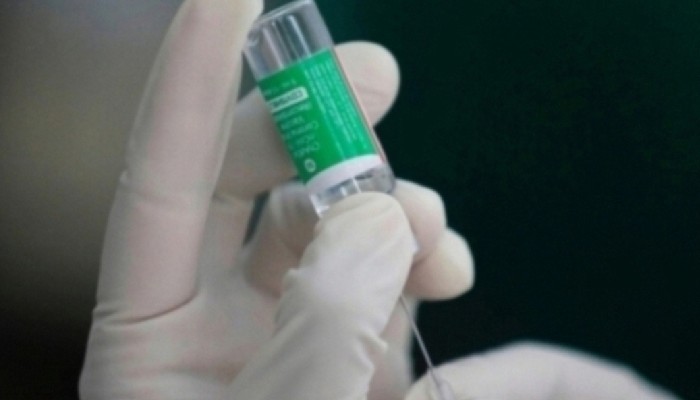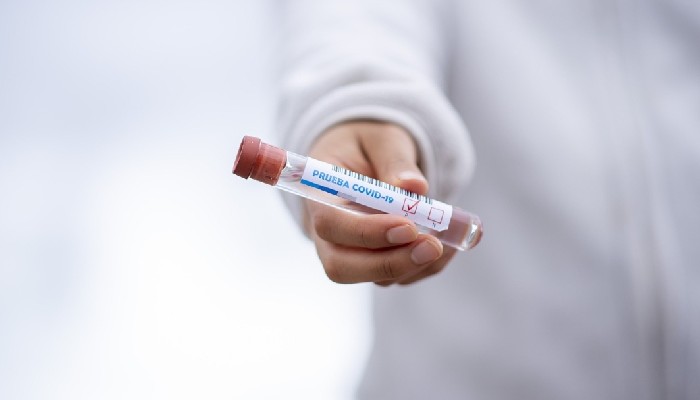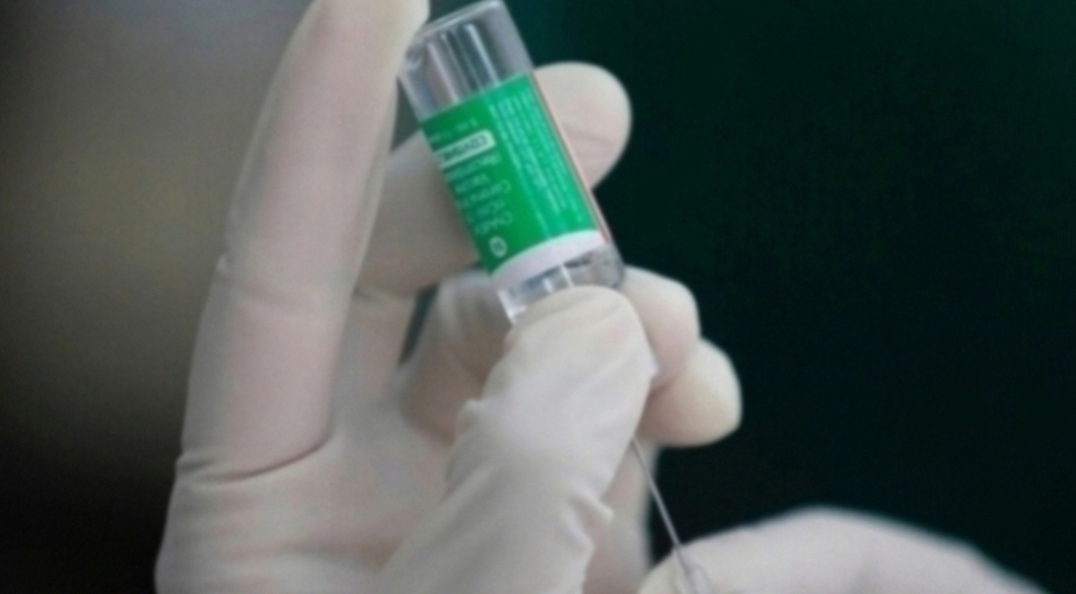After a case in Hong Kong, India too reported three reinfection cases, one from Ahmedabad and two from Telangana
Hong Kong reported a case of COVID-19 reinfection at its airport this month. A 33-year-old man was tested positive for the virus, over four months after his first bout in April. His case was the first ever case of reinfection of COVID-19 but not the only one.
Days later, reinfections from India were also reported giving jitters to those who were placing all their hopes on a vaccine or the role of antibodies in recovered patients.
On August 15, when the 33-year old Hong Kong’s resident landed back home from Spain, he was tested positive for COVID-19 after over four months of his recovery from the same virus. The man contacted the virus in late March and was discharged from the hospital after testing negative on April 14. The only difference was that this time, he had no symptoms. The first time when he contracted the virus in late March, he showed many symptoms.
It soon became a matter of concern for virologists around the world and soon the research on the cases started to begin. The Hong Kong University which conducted a research concluded, “The researchers showed that the genome sequence of the virus strain in the first episode of COVID-19 infection is clearly different from the genome sequence of the virus strain found during the second episode of infection.”
The research published in the Journal of Clinical Infectious Diseases, also said the nature of the virus in the second bout varied from the first one. It said, “Viral genomes from first and second episodes belong to different clades/lineages. A total of 24 nucleotides were different between the viruses from the first and second episode.”
After this episode, India also reported three reinfection cases, one from Ahmedabad and two from Telangana. In Ahmedabad, a 54-year old man who recovered from the virus in April was tested positive for COVID-19 this week. Similarly, two people from Telangana also tested positive for the second time, Telangana’s health minister Eatala Rajender confirmed it to the media.
The reinfection cases that are being reported seem to be challenging the whole theory of antibody development for some. It has also questioned how safe or successful is the COVID-19 vaccine the whole world is looking forward to.
There are several apprehensions, however, the experts have said that this is how the anti-bodies should be working.
The Hong Kong University’s research said, “that the reinfection can occur just after a few months of recovery from the first infection. Our findings suggest that SARS-CoV-2 may persist in the global human population as is the case for other common-cold associated human coronaviruses, even if patients have acquired immunity via natural infection.”
Dr Balram Bhargava, Director General of Indian Council of Medical Research (ICMR) told the media that the Hong Kong case is just a vague example and the reinfection can depend on various factors.
According to Dr Akiko Iwasaki, a professor of immunobiology at Yale School of Medicine, the reinfection case of Hong Kong does not cause alarm and this is how immunity should work.
She took to Twitter to comment on the same and wrote, “A first case of #COVID19 reinfection from HKU, with distinct virus genome sequences in 1st and 2nd infection (142 days apart). Kudos to the scientists for this study. This is no cause for alarm – this is a textbook example of how immunity should work.”
A first case of #COVID19 reinfection from HKU, with distinct virus genome sequences in 1st and 2nd infection (142 days apart). Kudos to the scientists for this study.
— Prof. Akiko Iwasaki (@VirusesImmunity) August 24, 2020
This is no cause for alarm - this is a textbook example of how immunity should work.
(1/n) https://t.co/oekESn0Uhq
She said that this is actually encouraging. “Patient had no detectable antibody at the time of reinfection but developed detectable antibody after reinfection. This is encouraging,” Dr Iwasaki wrote on Twitter.
2) Patient had no detectable antibody at the time of reinfection but developed detectable antibody after reinfection. This is encouraging. (3/n) pic.twitter.com/8OgylRxPyn
— Prof. Akiko Iwasaki (@VirusesImmunity) August 24, 2020
As per her analysis of the case, the immunity actually protected him from the disease. She wrote, “Second infection was asymptomatic. While immunity was not enough to block reinfection, it protected the person from disease.”
1) Second infection was asymptomatic. While immunity was not enough to block reinfection, it protected the person from disease. (2/n) pic.twitter.com/C65F8ff5UN
— Prof. Akiko Iwasaki (@VirusesImmunity) August 24, 2020
The reinfections also questioned the validity of a COVID-19 vaccine to which the experts said that the vaccine is the only answer to create herd immunity.
Dr Iwasaki wrote that, “Since reinfection can occur, herd immunity by natural infection is unlikely to eliminate #SARSCoV2. The only safe and effective way to achieve herd immunity is through vaccination.
3) Since reinfection can occur, herd immunity by natural infection is unlikely to eliminate #SARSCoV2. The only safe and effective way to achieve herd immunity is through vaccination. (4/n) pic.twitter.com/tqtQOg8Fjf
— Prof. Akiko Iwasaki (@VirusesImmunity) August 24, 2020
The Hong Kong University’s research also suggested, “Since immunity can be short lasting after natural infection, vaccination should also be considered for those with one episode of infection. Patients with previous COVID-19 infection should also comply with epidemiological control measures such as universal masking and social distancing.”
As far as the vaccine is concerned, the whole world is looking forward to an effective vaccine to be launched as soon as possible amid the outbreak. Coronavirus has so far infected close to 25 million people and has killed over 8 lakh people across the world.
 Contact Us
Contact Us  Subscribe Us
Subscribe Us










 Contact Us
Contact Us
 Subscribe
Subscribe
 News Letter
News Letter

